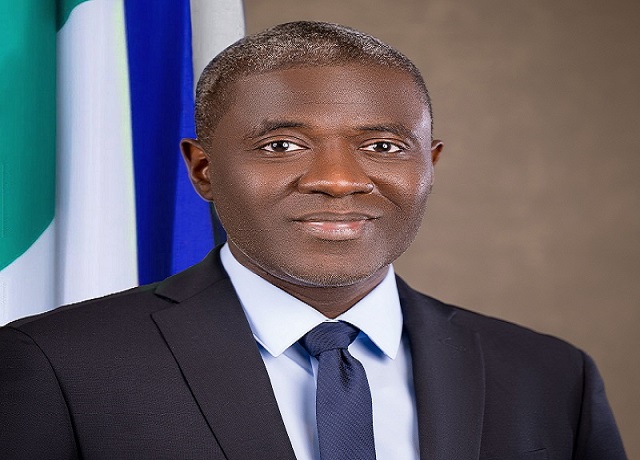A nationwide disruption to telecommunications services was averted after the Natural Oil and Gas Suppliers Association of Nigeria (NOGASA) suspended its planned strike, following a mediation facilitated by the Office of the National Security Adviser (ONSA) in collaboration with the Nigerian Communications Commission (NCC).
The strike, if it had gone ahead, would have halted diesel supply to telecom sites across the country, a move that could have crippled network operators’ diesel-powered generators and jeopardised uninterrupted connectivity.
In the wake of this resolution, the NCC reaffirmed its commitment to fully implementing President Bola Ahmed Tinubu’s Executive Order on Critical National Information Infrastructure (CNII), which recognises telecommunications facilities as critical national assets that must receive maximum protection.
In the days leading up to the resolution, the ONSA, under the leadership of the National Security Adviser (NSA), Mallam Nuhu Ribadu, held strategic engagements with NOGASA’s leadership, with the Commission providing technical and regulatory guidance to highlight the potential implications of service disruptions on national security, the economy, and everyday life.
The discussions culminated in an agreement to call off the industrial action, averting what could have been a nationwide disruption of telecom services.
“Telecommunications infrastructure is the backbone of our connectivity and digital economy. Any disruption, whether through vandalism, accidental damage during construction work, theft of equipment, denial of access to maintenance teams, or interruptions in the supply of essential operational materials, has far-reaching implications for service delivery, economic stability, and national security,” the NSA said.
The Commission expressed appreciation to the ONSA for its leadership and dedication to protecting national assets and commended the maturity and understanding demonstrated by relevant stakeholders in recognising the national importance of telecommunications services.
Executive Vice Chairman/Chief Executive Officer of the Commission, Dr. Aminu Maida, stated: “We will continue to enforce strict compliance by our licensees with technical standards for the deployment and maintenance of telecommunications infrastructure, while working closely with relevant stakeholders to strengthen awareness and cooperation on their protection.
“We also recognise mediation as an effective tool for building consensus among stakeholders. This resolution underscores the importance of dialogue in preventing avoidable service disruptions. Ultimately, we call on all Nigerians to regard telecom infrastructure as a shared national asset, one that underpins our ability to connect with loved ones, transact businesses, access healthcare, pursue education, and participate in the global digital economy.”
The Commission reaffirmed that it would continue to coordinate with security agencies, industry stakeholders, and the public to ensure that Nigeria’s telecommunications infrastructure remains protected, resilient, and reliable for all.

